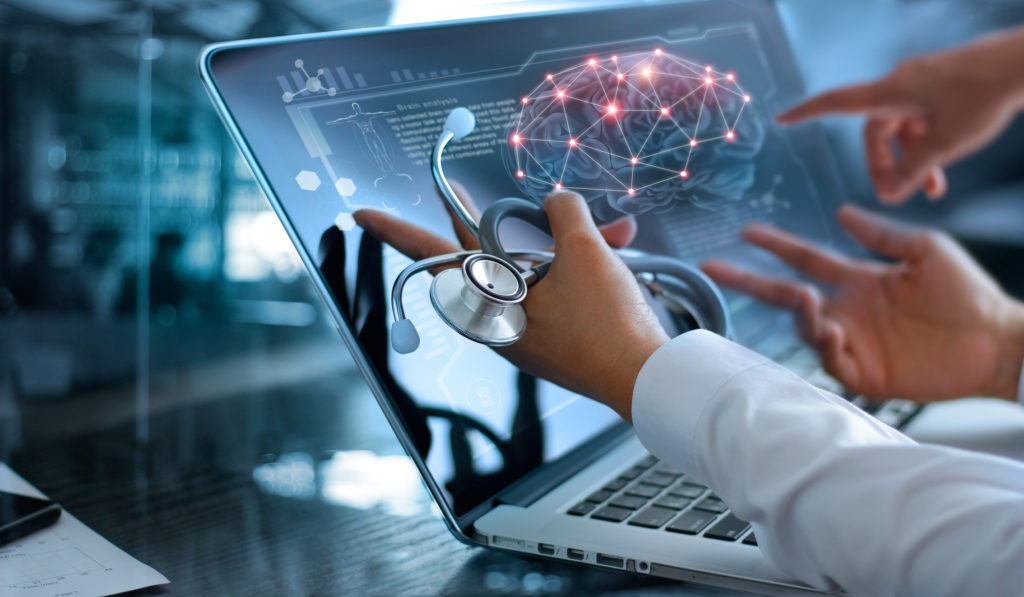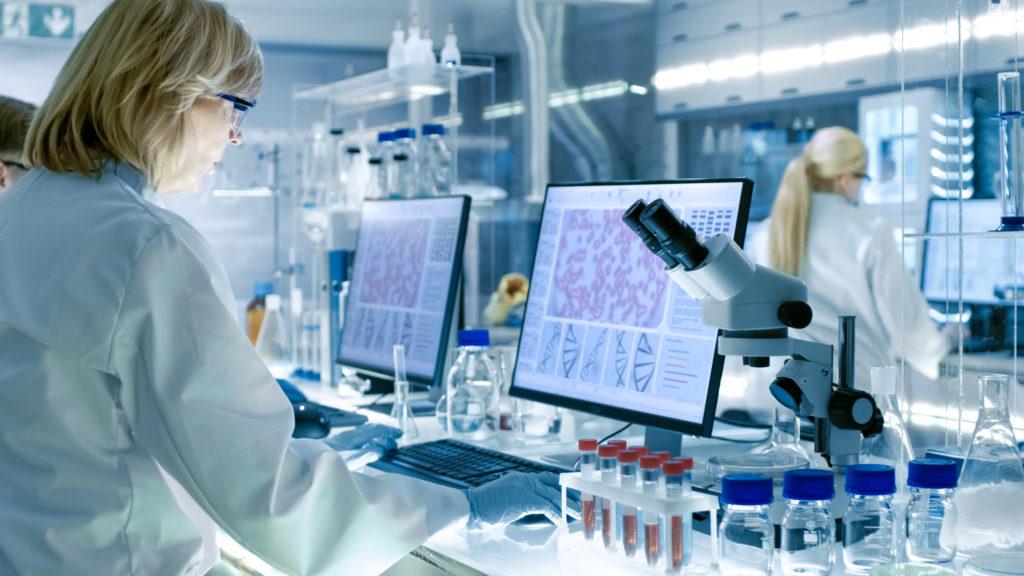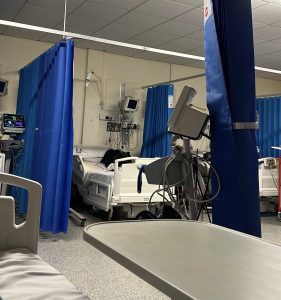The development of new medical diagnostic tools is crucial in improving patient outcomes, early detection of diseases, and reducing healthcare costs. In recent years, there have been significant medical diagnostics advancements, including genomics, proteomics, and other technologies, to develop more accurate and efficient diagnostic tools.

One of the most promising areas of medical diagnostics is personalized medicine, which involves tailoring treatment to an individual’s unique genetic makeup. With the help of advanced genomic sequencing technologies, researchers can identify genetic mutations that may predispose individuals to certain diseases. By analyzing an individual’s DNA, doctors can predict the likelihood of developing a particular disease and tailor treatments accordingly.
In addition to genomics, proteomics is another area of medical diagnostics rapidly advancing. Proteomics involves the study of proteins and their functions in the body, and it has the potential to revolutionize medical diagnostics. For example, researchers are developing blood tests that can detect specific proteins associated with certain diseases, such as cancer. These tests can be used to diagnose diseases earlier when they are more treatable.

Other exciting medical diagnostics areas are artificial intelligence (AI) and machine learning. These technologies are being used to analyze large amounts of medical data, including electronic health records and medical images, to help doctors make more accurate diagnoses. For example, AI algorithms can help identify patterns in medical images that may be missed by human doctors, leading to earlier and more accurate diagnoses.
Despite these advancements, there are still many challenges to developing new medical diagnostic tools. One major challenge is ensuring that these tools are accurate and reliable, as false positives or negatives can lead to unnecessary treatments or missed diagnoses. Another challenge is making these tools accessible and affordable to patients, particularly in low-income and rural areas.

The development of new medical diagnostic tools is a rapidly evolving field that has the potential to revolutionize healthcare. With the help of advanced technologies such as genomics, proteomics, and AI, doctors can diagnose diseases earlier and more accurately than ever before. However, it is essential to ensure that these tools are reliable, accessible, and affordable to all patients, regardless of their location or socioeconomic status.





